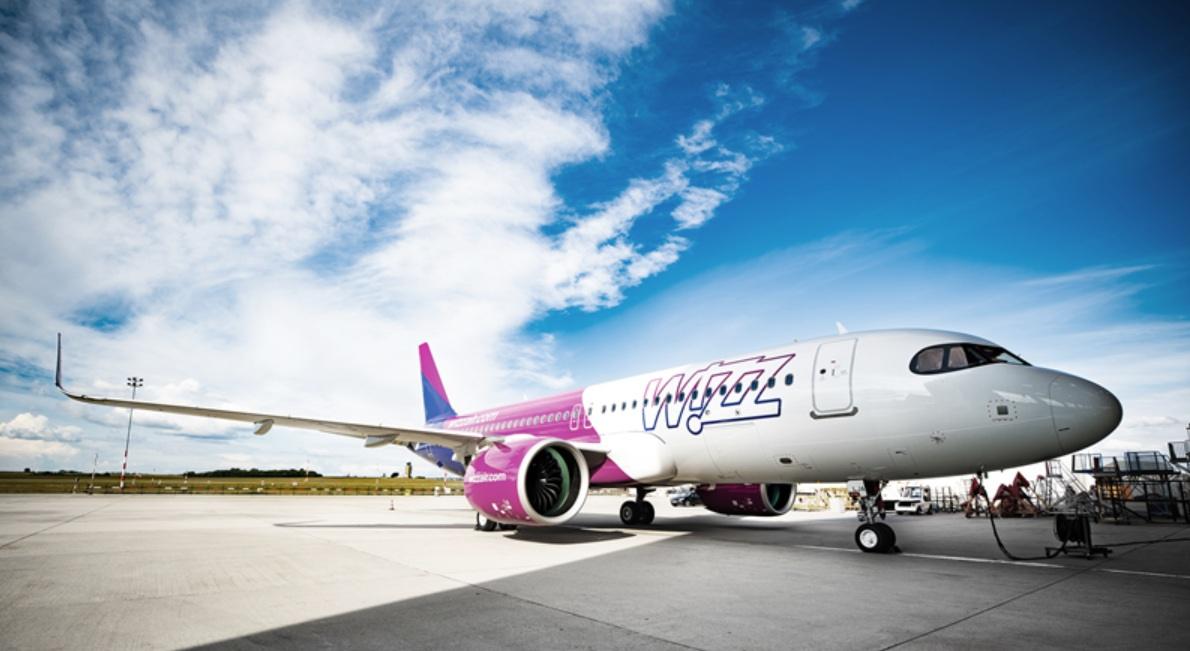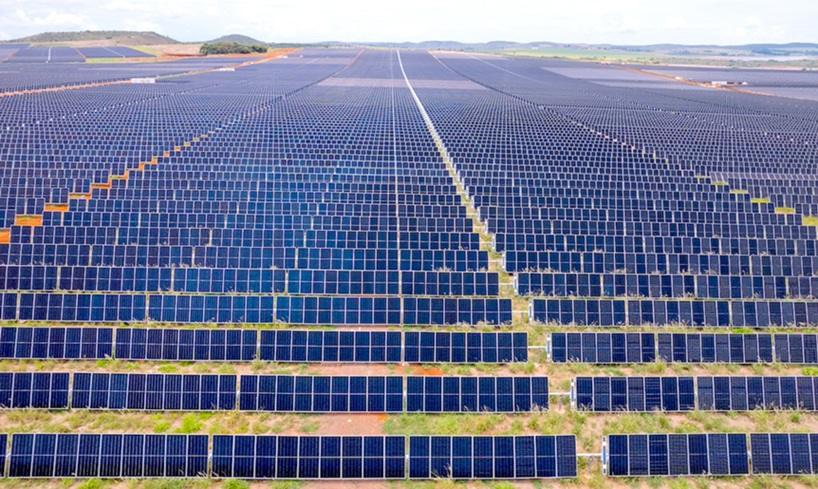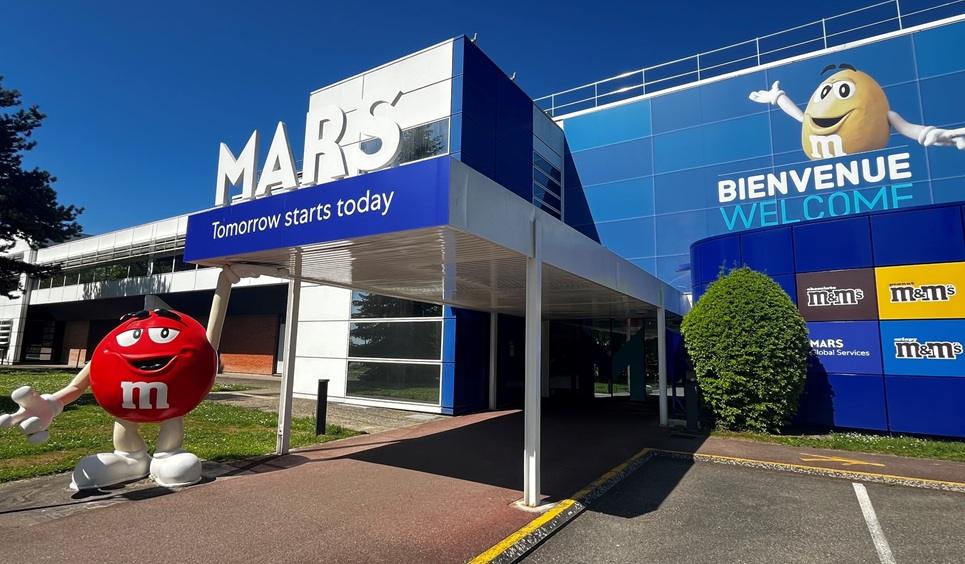Wizz Air Launches Net Zero Plan Focused Primarily on Sustainable Aviation Fuel
European low-cost airline Wizz Air announced today the launch of “Flying Towards Net Zero,” its new roadmap outlining its plan to achieve its goal to reach net zero by 2050. The new plan envisions emissions reductions of nearly 90% by the airline, with the bulk to be achieved through the use of sustainable aviation fuel (SAF).
According to Wizz, the new roadmap reflects the goals set by the International Civil Aviation Organization (ICAO) to achieve net zero carbon emissions from international aviation by 2050.
In a statement announcing its new roadmap, however, Wizz said that the industry’s ambition relies heavily on the industrialization of technology that has not yet occurred. The airline said that its own plan puts a greater emphasis on SAF and new aircraft technologies, rather than unproven technologies and offsetting, relative to other airlines’ plans.
Yvonne Moynihan, Wizz Air Corporate & ESG Officer, said:
“Wizz Air supports an ambitious vision for net zero, but the truth is that the current pace of change is not enough, and without radical intervention, aviation will fail to meet its commitments.”
Fuel accounts for the vast majority of the aviation sector’s emissions. Generally produced from sustainable resources, like waste oils and agricultural residues, SAF is seen as one of the key tools to help decarbonize the aviation industry in the near- to medium-term. SAF producers estimate the fuels can result in lifecycle GHG emissions reductions of as much as 85% relative to conventional fuels.
Efforts to meaningfully increase the use of SAF by airlines face significant challenges, however, including the low supply currently available on the market, and prices well above those of conventional fossil-based fuels, with SAF accounting for only around 0.5% of global commercial fuel use in 2024.
Wizz said that SAF is the “cornerstone” of its net zero plan, with the airline targeting 53% decarbonization from the increased use of SAF. The company noted a need for governments to take action to scale SAF production through long-term policy frameworks, and incentives to close the price gap between SAF and conventional jet fuel.
In addition to increasing SAF usage, Wizz’s plan outlines other key emissions reduction levers, with the company targeting 21% decarbonization through technological advancements in aircraft and engine technology, 7% through fleet renewal, 4% through air traffic reform and 2% through operational efficiencies.
Wizz’s own climate goals include reducing carbon emissions intensity by 25% by 2030 and reaching net zero by 2050.
Moynihan added:
“We need action, not just ambition. That’s why we’re calling on governments, regulators, and the fuel industry to wake up to the reality of aviation’s transition and start delivering the changes that will make net zero possible. Aviation needs a policy and investment revolution to shape the industry’s path.
“Flights. Fuel. Footprint. This is our commitment. This is our journey. This is how we fly towards net zero.”





